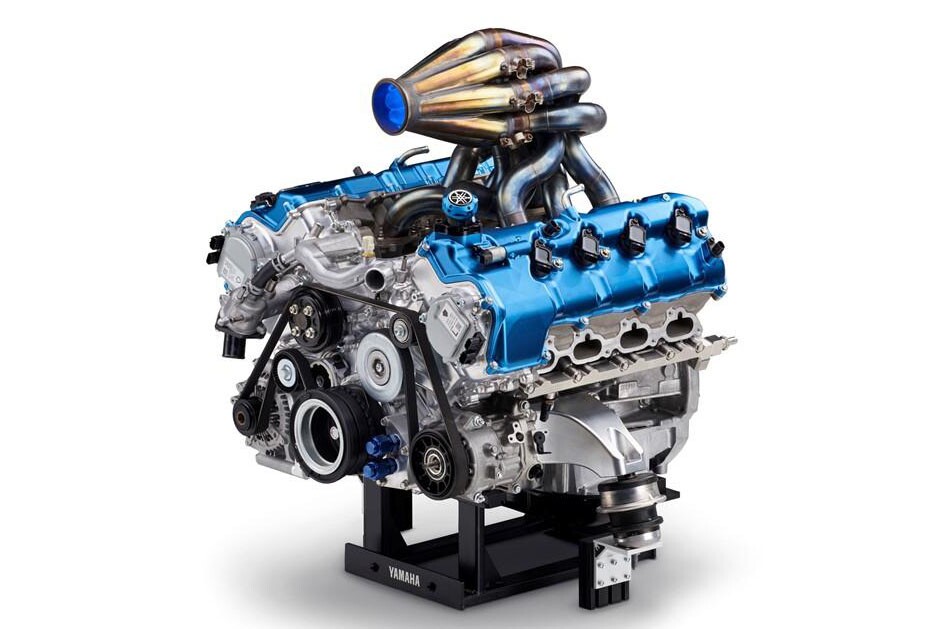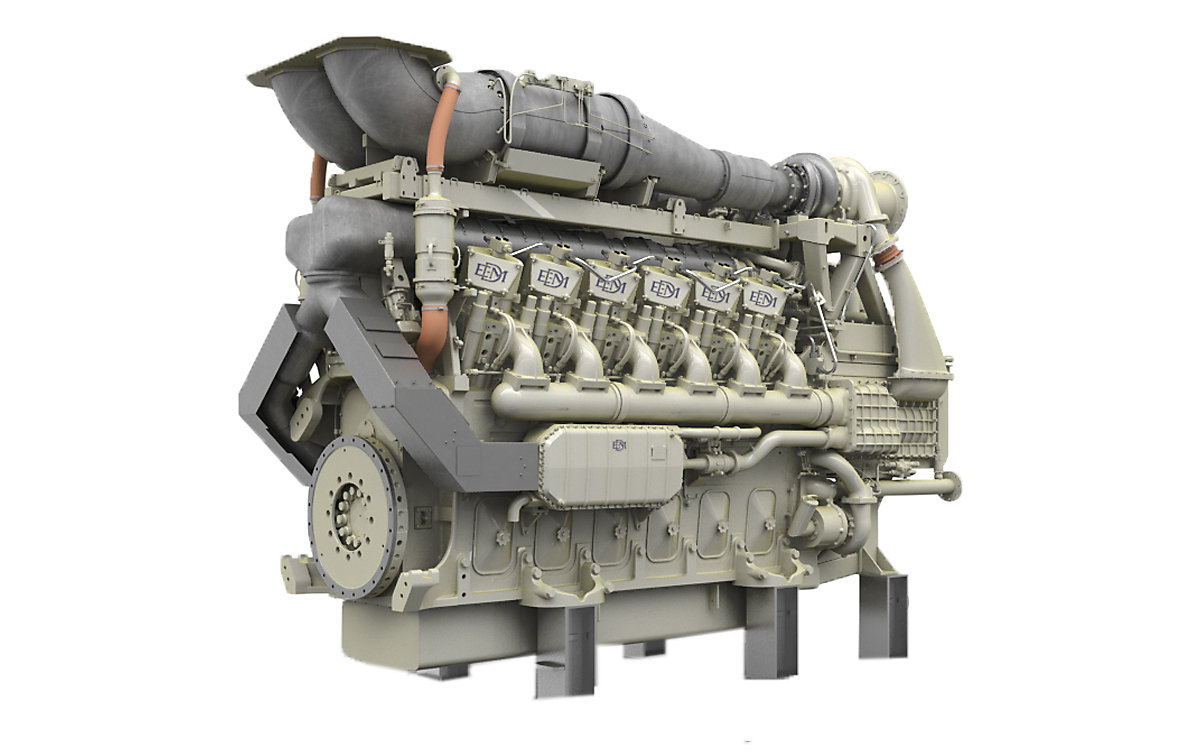The Influence of Innovative Engine Technologies on Power Efficiency and Environmental Sustainability
In the realm of transportation and commercial equipment, the continual pursuit for improved power efficiency and reduced ecological effect has actually led to substantial improvements in engine innovations. From the steady change towards hybrid and electrical systems to the assimilation of turbocharging for enhanced efficiency, the landscape of engines is developing quickly.
Advancement of Engine Technologies
The development of engine innovations over the years has been marked by continual innovation and improvement in quest of improved performance and effectiveness. From the very early days of inner combustion engines to the sophisticated crossbreed and electric powertrains these days, the development of engine innovations has actually been driven by an unrelenting quest for enhanced gas efficiency and lowered exhausts.
One substantial landmark in this development was the advancement of turbocharging and direct injection systems, which dramatically boosted engine power output while enhancing fuel performance. These technologies enabled smaller sized, more lightweight engines that could provide the efficiency of bigger ones without compromising on performance.
In addition, advancements in materials scientific research have led to the prevalent fostering of light-weight materials such as aluminum and carbon fiber in engine building and construction. This has not just reduced total lorry weight but has actually additionally enhanced engine performance by reducing power losses related to inertia and friction.
Advantages of Electric and Crossbreed Equipments
With the expanding focus on sustainability and power performance, what advantages do electrical and hybrid systems provide in the realm of engine technologies? Electric and hybrid systems existing countless benefits that contribute to a more energy-efficient and sustainable future. Among the primary advantages is the substantial reduction in greenhouse gas exhausts contrasted to typical inner combustion engines. Electric lorries produce no tailpipe discharges, resulting in enhanced air quality and decreased environmental influence. Additionally, hybrid and electrical systems are a lot more energy-efficient, transforming a greater percentage of stored power right into propulsion contrasted to conventional engines. This efficiency results in lower power consumption and operating expense over the car's life time. In addition, electrical automobiles supply regenerative stopping systems that catch and store energy generally shed throughout braking, further boosting energy effectiveness. Crossbreed systems incorporate the benefits of electric propulsion with the adaptability of a burning engine, providing prolonged driving arrays and minimizing array stress and anxiety for customers transitioning to electrical cars. Overall, electrical and hybrid systems play a critical duty ahead of time power effectiveness and ecological sustainability in the transportation sector.
Turbocharging for Improved Efficiency
Turbocharging works by using a turbine to force even more air right into the combustion chamber, enabling for better fuel burning and enhanced power output without a significant boost in engine dimension. By making the most of the performance of the burning procedure, turbocharged engines can achieve better fuel economic situation and decreased emissions, adding to environmental sustainability. The widespread fostering of turbocharged engines in both fuel and diesel cars shows their efficiency in stabilizing performance, efficiency, and ecological impact.
Taking Advantage Of Different Fuels
Taking advantage of alternate fuels presents a promising method for decreasing carbon exhausts and diversifying the energy sources utilized in transport. As the world makes every effort to deal with environment modification and lower reliance on fossil gas, alternate gas have gained substantial attention for their prospective ecological and financial benefits.
Biofuels, such as ethanol and biodiesel, are stemmed from eco-friendly sources like corn, sugarcane, and algae, supplying a cleaner burning choice to conventional gasoline and diesel. These fuels can be blended see this here with existing petroleum gas or utilized in dedicated engines, giving a pathway to reduced greenhouse gas discharges and boost air high quality.
Moreover, hydrogen gas cells have actually become a promising technology for zero-emission transport. engines for africa. By converting hydrogen gas into electrical power to power electric motors, gas cell lorries produce just water vapor as a result, removing unsafe tailpipe exhausts completely
Along with decreasing carbon emissions, different gas can also boost energy safety by branching out the gas mix and reducing dependence on imported oil. Embracing alternative gas in transport is a critical action towards achieving a much more environmentally friendly and lasting future.

Future prospects and ecological advantages
Different gas, such as biofuels, hydrogen, and electrical energy, deal considerable environmental benefits contrasted to typical fossil fuels. In addition, alternative gas can help branch out power sources, improving energy safety and security and decreasing dependence on limited resources.
Innovations in modern technology continue to enhance the performance and price of alternative gas lorries, making them a lot more obtainable to consumers. By accepting alternate fuels and cutting-edge innovations, hop over to here the path in the direction of a more sustainable future ends up being increasingly attainable.

Final Thought
In verdict, innovative engine modern technologies have actually played a vital role in enhancing power efficiency and promoting ecological sustainability. The advancement of engine modern technologies, fostering of hybrid and electric systems, application of turbocharging, and expedition of different fuels have all contributed to reducing emissions and increasing efficiency.
In the world of transport and commercial machinery, the continuous pursuit for improved energy performance and reduced ecological influence has led to considerable developments in engine modern technologies. Turbocharging jobs by using a generator to compel more air right into the burning chamber, permitting for better fuel burning and raised power result without a substantial increase in engine size. By making the most of the effectiveness of the burning procedure, turbocharged engines can accomplish better fuel economy and reduced emissions, adding to environmental sustainability. Alternative fuels, such as biofuels, hydrogen, and electrical energy, deal considerable ecological benefits contrasted to typical fossil fuels. The advancement of he has a good point engine innovations, adoption of hybrid and electric systems, application of turbocharging, and expedition of alternative gas have all added to decreasing emissions and boosting performance.